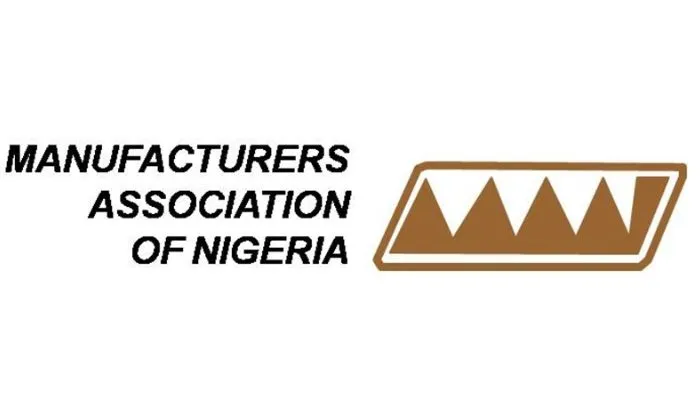The Manufacturers Association of Nigeria (MAN) has called on the federal government to continue its interventions to resuscitate the country’s ailing industries and restore investors’ confidence in the manufacturing sector.
President of MAN, Otunba Francis Meshioye, made the call at the fourth Adeola Odutola lecture and the Association’s 52nd Annual General Meeting (AGM) held in Lagos. Meshioye expressed confidence that the present administration would work assiduously to achieve a turnaround in the sector.
He noted that the manufacturing sector played a pivotal role in value addition, transforming raw materials into finished goods, and capturing a greater share of the value chain.
The MAN president said the past year posed significant challenges for the manufacturing sector as it grappled with persistent issues of high production costs, high energy costs and frequent hike in electricity tariffs.
He said, inadequate transportation infrastructure and poor logistics services, low patronage of made in Nigerian goods, negative perception of made in Nigerian goods, high interest and inflation rates, among others affect the sector.
“These challenges limited our capacity to innovate, expand, create more jobs and contribute meaningfully to the overall performance of the economy.
But by developing the manufacturing capabilities and leveraging its potential, we can reduce inflation and our overdependence on imports.
“The sector also has the capacity to promote import substitution, create more jobs, boost government revenue, and strengthen and improve stabilising the foreign exchange market,” he said.
The director-general, MAN, Segun Ajayi-Kadir noted that economic growth was hampered at the beginning of the year by the lingering effect of cash crunch across the country and later other macroeconomic forces, reducing the sector’s competitiveness. He said the association through a series of engagements with government and agencies at different levels submitted policy recommendations.
According to him, key submissions advocated for a special foreign exchange window for manufacturers, adequate power supply to industries and transparent electricity tariff mechanism.
Ajayi-Kadir said, the association has called for reduction of multiple taxes and levies, intervention funds to mitigate the effect of subsidy removal, which were well received by the government for consideration and implementation.
He noted that, in 2024, some turbulent and unfavourable conditions had created an atmosphere of uncertainty and instability for the manufacturing sector.
“These challenges have collectively contributed to reduction in the sector’s growth to 1.40 per cent in 2023 from 2.45 per cent recorded in 2022. To reposition the sector on the path of growth, it is essential that the government addresses the challengers mitigating the performance of the sector.
“Government must ensure sound foreign exchange management and stability, encourage export diversification and promote exports of manufactured products.
“Government must develop strategies to reduce dependence on imported raw materials by promoting local sourcing and import substitution, stimulate consumer demand and promote Buy Made-in-Nigeria” campaigns,” he said.
Ajayi-Kadir also stressed the need to address high borrowing costs for manufacturers, improve electricity supply, improve security and operating environment and streamline regulatory processes.
Leardership












